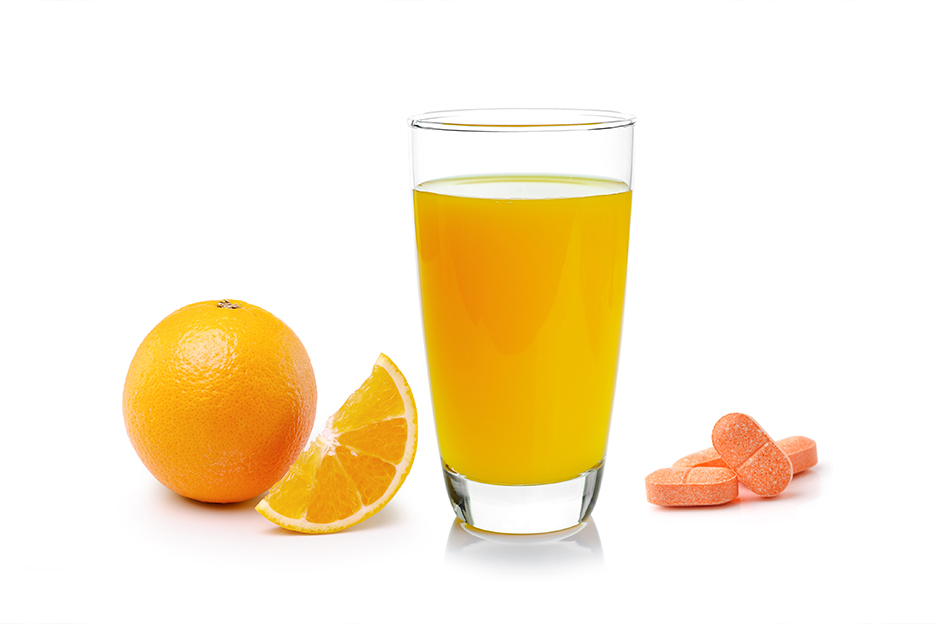Drugs don’t necessarily mix well with one another. In fact, did you know that drug interactions are a significant cause of hospital admissions? All the more reason to read what follows!

1
What is a drug interaction?
A drug interaction occurs when two drugs are taken together and one substance alters or interferes with the activity of the other. This often leads to undesired effects. Drug interactions can happen between two medications but are also possible between medications and certain foods, natural products, vitamins, minerals and alcohol.
2
Drug interactions can have adverse effects.
In some cases, interactions can have serious consequences, such as treatment failure, decreased or intensified desired effects, inconvenient side effects and even serious toxic effects, etc. In some very rare cases, drug interactions can lead to permanent damage, even death.
3
Others can be beneficial!
Occasionally, a drug interaction can be a good thing. In fact, a combination of two medications can sometimes be prescribed to obtain enhanced therapeutic effects. It is a prescription strategy that has proved successful in the treatment of the human immunodeficiency virus (HIV) or AIDS, for example.
4
Drug and food interactions.
Drugs can also interact with foods and nutrients. Mostly, such interactions occur when the body’s absorption of the drug is affected by the simultaneous ingestion of a food or nutrient. Different drugs are absorbed differently and some must be taken on an empty stomach, while others must be taken with food. With most drugs, absorption is not affected by digestion, so they can be taken with or without food. It’s always best to discuss options with your pharmacist.
5
Some foods are more problematic than others.
Grapefruit juice, for example, should be avoided when taking medication. As for other foods and nutrients, such as dairy products, calcium, magnesium or iron, it’s best to wait a few hours before or after taking your medication. Always ask your pharmacist what he recommends.
Other medications can interact with foods or supplements like dairy products, calcium, magnesium or iron. In the case of iron, a good way to prevent interaction is to take it a few hours before or after taking the medication. Discuss it with your pharmacist.
6
Take double the care with anticoagulants.
Anticoagulants help prevent blood clots and belong to a class of drugs that is particularly problematic in terms of drug interactions. If you are prescribed an anticoagulant, you must advise your pharmacist of any other medication (prescribed or over-the-counter) or natural health product you may be taking. Anticoagulants interact with many drugs, alcohol and foods, such as broccoli, asparagus, lettuce, etc. It is therefore very important to talk to your pharmacist about any changes in your diet.
7
Smoking can affect the effects of your medications.
Did you know that it is sometimes necessary to adjust the dose of a medication when a patient starts or stops smoking? In fact, smoking can affect the body’s expected response to certain medications. It is important, therefore, to consult your pharmacist if you are considering making lifestyle changes. Your pharmacist will help you find effective ways to quit smoking and, at the same time, evaluate the potential risks of interactions with your medications.
« All medications and natural health products can cause serious side effects or interactions with other medications. Carefully read the instructions, warnings and patient information leaflets provided by the manufacturer and consult your pharmacist when purchasing any medications or natural health products. Keep out of the reach of children. »
« Certain products, foods or changes in lifestyle may not be appropriate for you. Always consult your pharmacist or a health care professional to make sure. »